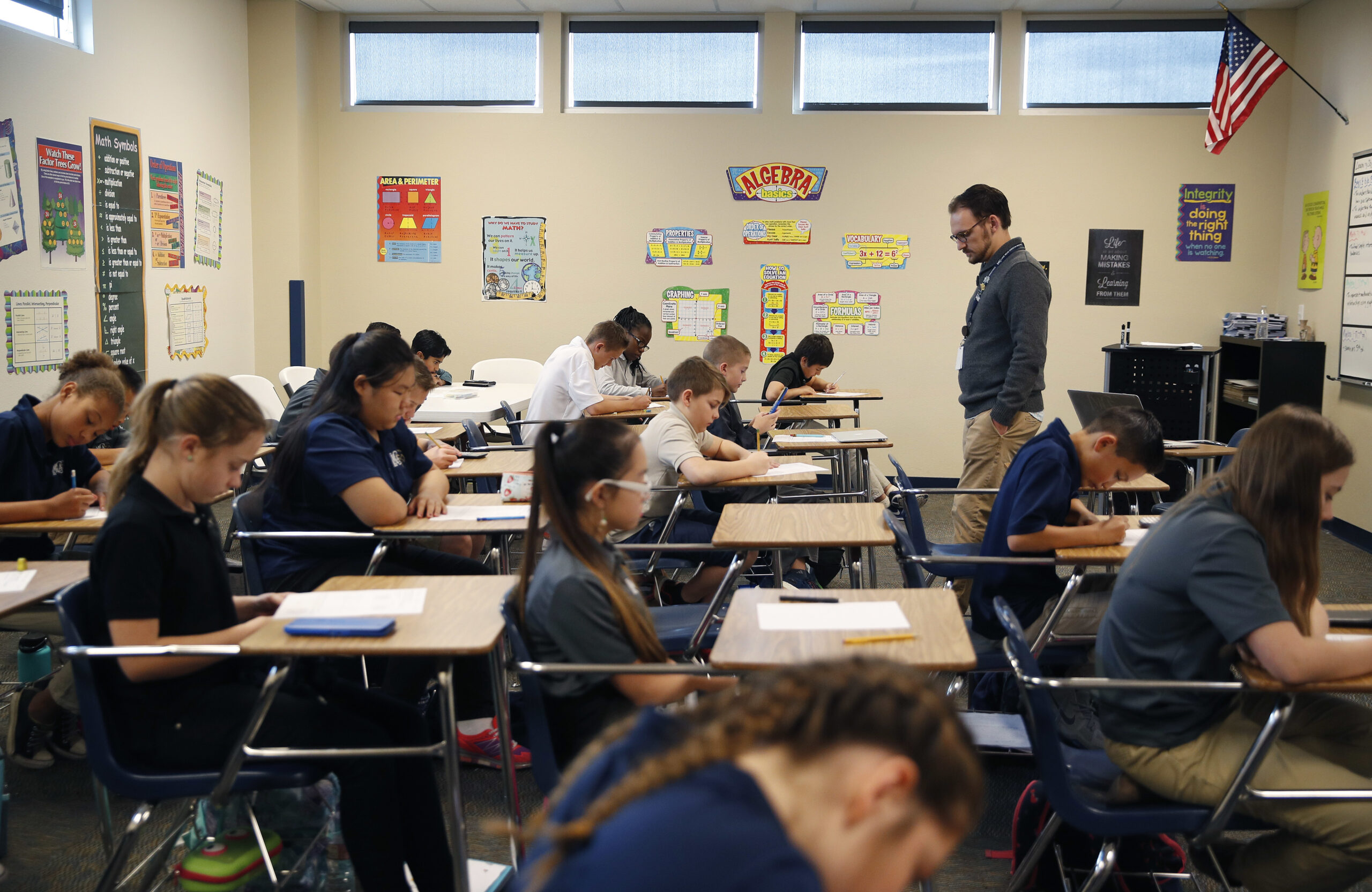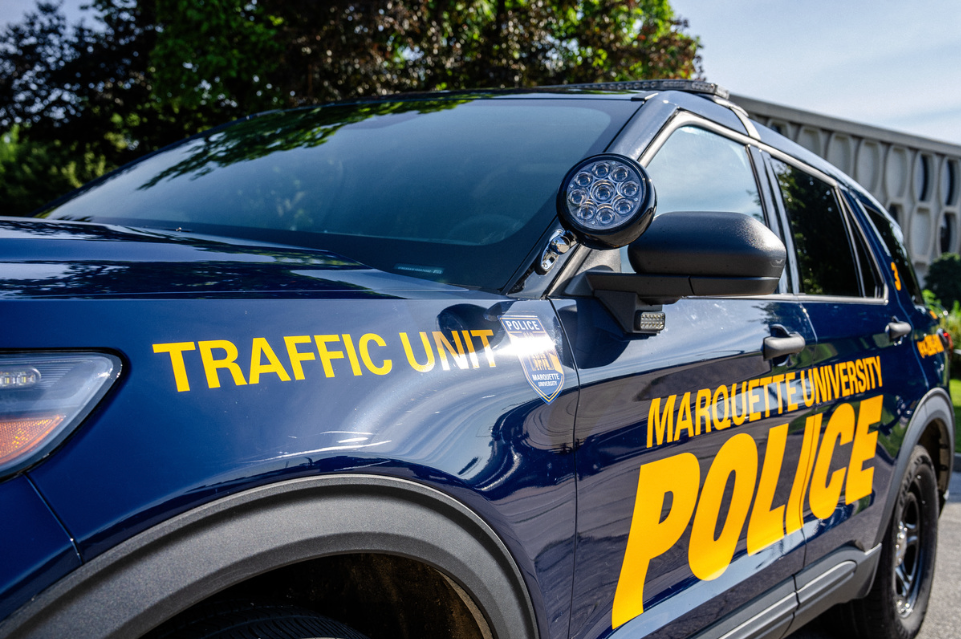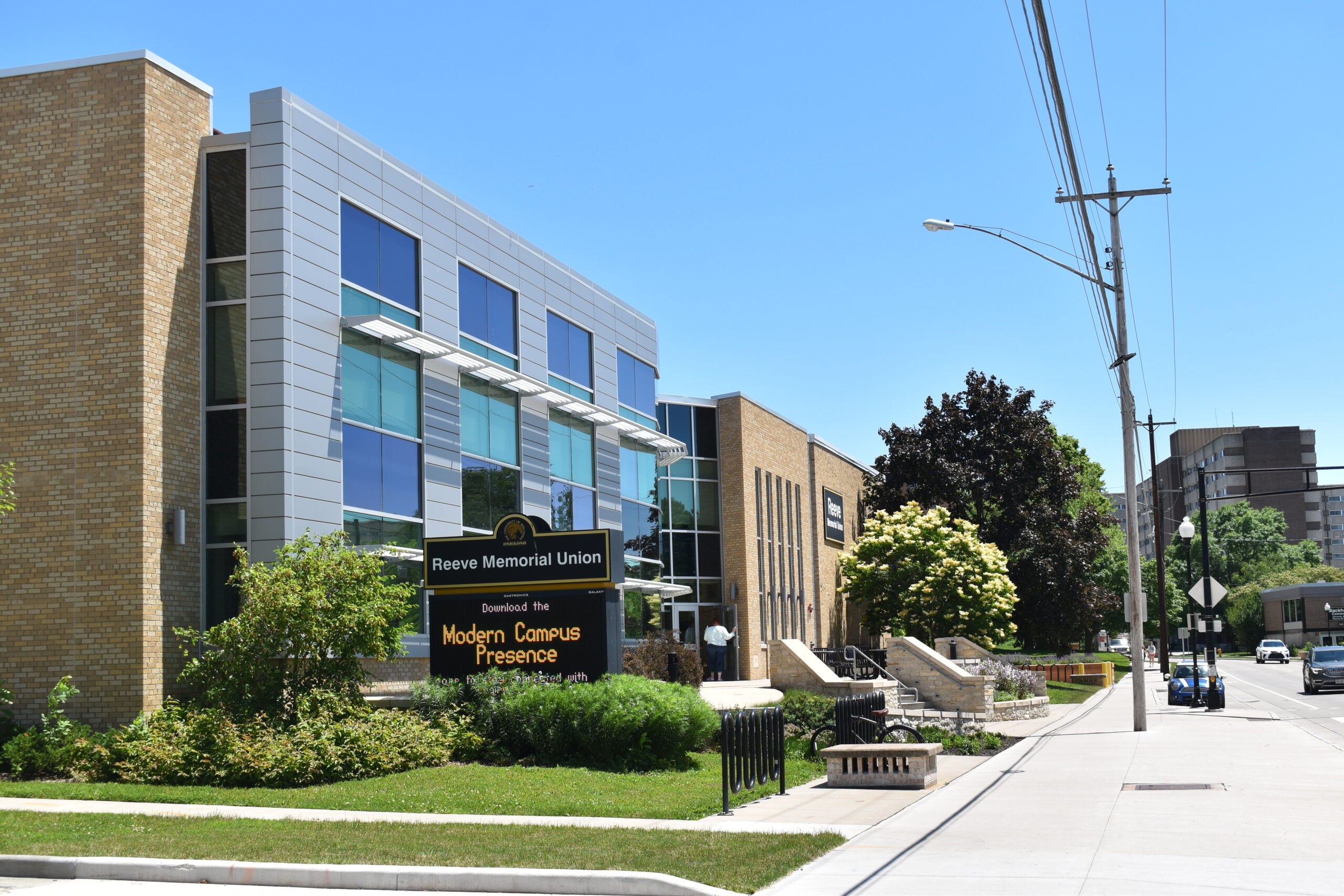Marquette University will join a handful of other schools in the state to no longer require ACT or SAT scores from applicants.
Beginning with the fall 2020 class, Marquette will become a “test-optional” school. It’s a trend that is becoming more widely accepted nationwide, as admissions directors and university presidents conclude test scores don’t paint the whole picture of a students’ potential academic performance.
About 1,300 universities across the country have become test-optional. Marquette is the 11th school ranked on U.S. News and World Reports 100 Best Colleges to do this and the ninth Jesuit University to do so.
News with a little more humanity
WPR’s “Wisconsin Today” newsletter keeps you connected to the state you love without feeling overwhelmed. No paywall. No agenda. No corporate filter.
In Wisconsin, Beloit College, Carthage College, College of Menominee Nation, Lawrence University, Marian University, Milwaukee Institute of Art and Design, Northland College and Ripon College are test-optional schools.
Brian Troyer, dean of undergraduate admissions at Marquette, said the decision is grounded in Marquette’s mission to provide students access, regardless of a student’s performance on a three- to four-hour test.
“Students are defined by so much more than what their test score is,” Troyer said. “While students can choose to submit that score and we will use that in consideration, we don’t’ want it to be a mandatory obstacle for some students who just don’t feel like it is who they are and what they can bring here.”
Troyer said the last thing admissions officers want students to be doing during their last semesters of high school is to be spending their money and hours preparing for a test.
“We would actually prefer they spend their time doing service, or doing things they are passionate about,” Troyer said. “We know the best predictor of a student’s success in college is their actual performance in high school. We spend a lot of time looking at the course work a student has chosen to take and the rigor of that course work.”
If students choose not to submit their test scores, they will not have to do anything additional for their application. Troyer said Marquette did not want to replace one hurdle with another.
Marquette receives upwards of 16,000 to 20,000 applications per year. The fall 2020 freshman class will have about 2,000 students.
Bates College, a liberal arts institution in Maine, was one of the first schools to make submission of SAT scores optional. In 2004, Bates Vice President William Hiss, who headed he college’s admissions office from 1978 to 2000, presented a study at the National Association for College Admission Counselors in Milwaukee, looking at performance of 7,000 Bates students over 20 years.
The study found using standardized tests discourages many minority and working-class students from applying for schools, even though they are capable of doing the work. The study also found:
- The difference in Bates graduation rates between submitters and non-submitters was 0.1 percent.
- The difference in overall GPAs at Bates was 0.05 percent: 3.06 for non-submitters versus 3.11 for submitters.
Lawrence University in Appleton became test-optional with the incoming class of 2006.
Ken Anselment, the school’s dean of admissions, said the Bates data was considered, as was Lawrence’s own student data before making the decision.
Since the change, the quality of students has maintained if not gotten better, Anselment said.
“People sometimes think if the school doesn’t have an ACT or an SAT how can you measure quality, but the answer is with holistic admissions, as we’ve always been doing,” Anselment said. “It has been a really good experience for us as an institution and it has really helped a whole lot of students too.”
Correction: An earlier version of this story misstated the year Lawrence University became test-optional. It began with the incoming class of 2006. The story has been updated.
Wisconsin Public Radio, © Copyright 2025, Board of Regents of the University of Wisconsin System and Wisconsin Educational Communications Board.







